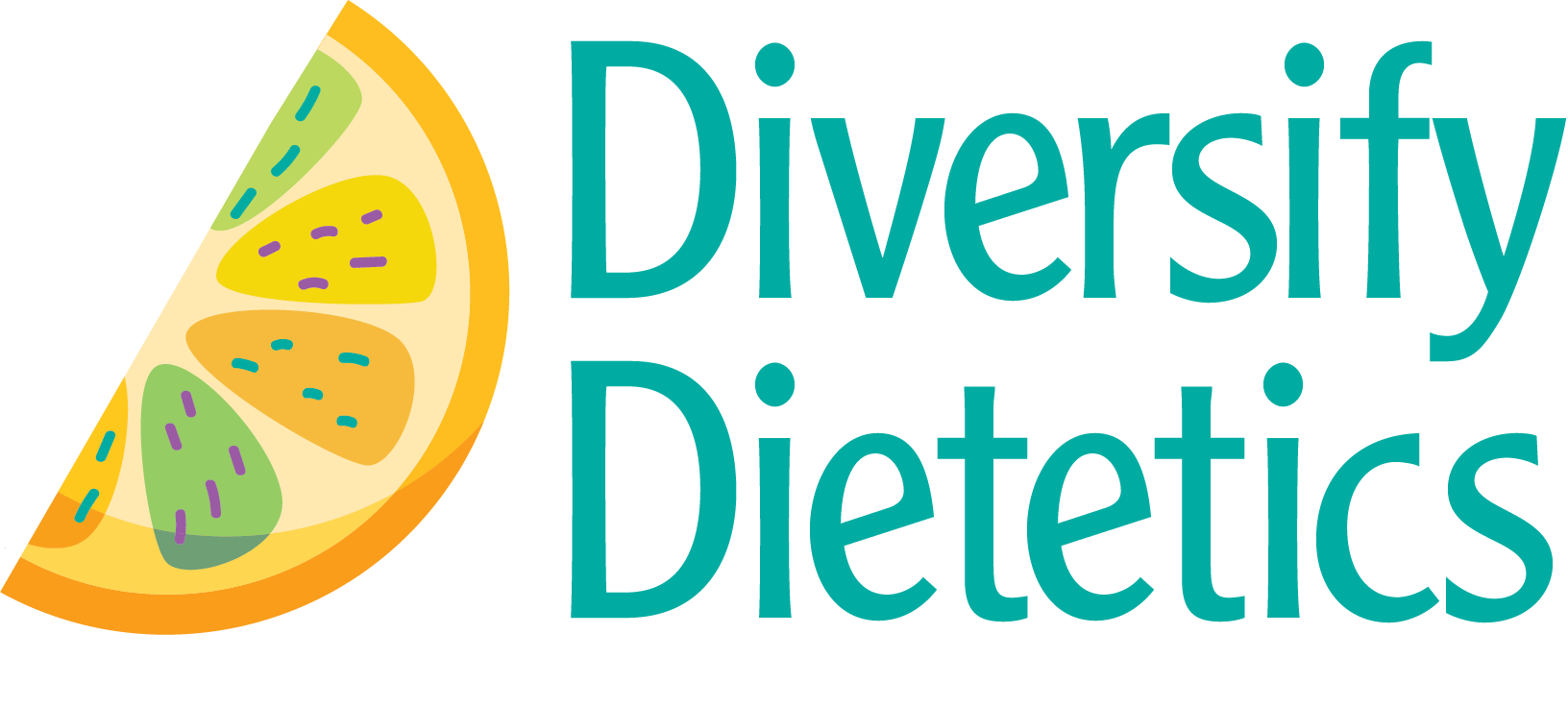RDN Spotlight: Abby Chan, MS, RDN, RYT
What is your ethnicity/race? Did your family have any customs related to food? Please describe.
I'm half Chinese and half white. But I identify as Chinese because I was raised by my Chinese side. Because I am mixed we always had a variety of foods at family gatherings. Think Thanksgiving meal with a side of cha siu bao and gai lan.
Where/when did you go to undergrad/dietetic internship/grad school?
Arizona State University for undergrad and master's degree in Nutrition and Dietetics.
Why did you decide to choose nutrition and dietetics as a career?
When I was younger I didn't even know that a dietitian was a "thing". I was a business major when I began my college career. I then quickly pivoted after my first year to nutrition and fell in love with biology, biochemistry, and physiology. I struggled with my relationship with food when I was younger and as I grew into my profession struggled with the current curriculum that was offered through a very euro-centric view. Which is why, as a practitioner, I focus on a relationship to food from a non-diet lens and believe in including cultural foods to make food realistic and interesting. If we are disconnecting our patients and clients from their cultural foods, we are disconnecting them from their roots. And when we are disconnected from our roots, we cannot thrive. Food should be fun, connecting, and nurturing. If it isn't, it's not sustainable.
What do you do now as an RDN and what does a typical day/week look like for you?
I own an integrative private practice that blends physical therapy, injury rehabilitation, and nutrition. Within our practice, I work with a Physical Therapist, a group of trainers, and strength coaches. One of the branches of our business is a meal prep company that provides fully prepared meals. There is a large gap in the meal prep market. The meals are either fad diet-focused or have no focus on nutrition. I sought out to create something that was balanced (not omitting macronutrients), while still providing balance and interesting flavors.
What is/was the biggest challenge for you in becoming a dietitian and how did you overcome that challenge? This can be related to being an RD of color or not just any challenge?
The biggest hurdle to becoming a dietitian was obtaining an internship post-graduation. In my undergrad program, there was not a significant amount of guidance on how to apply and how to be competitive in this space. It must be recognized that it is a huge privilege to be able to work for free (and pay to work) for anywhere to 9-12 months. This is a huge barrier for many students BIPOC to enter the dietetics field. I believe that integrated programs that include clinical hours during the program are a positive way forward to help break down this barrier. I overcame this by working nearly full-time throughout my undergrad and internship by teaching yoga and strength coaching.
Have you had any mentors in your career if yes how have those mentors affected your career/life?
One of my greatest mentors is my father. He is also a business owner and provides a large amount of guidance and support in owning a small business. I have also had many dietitians and other health care partitioners in my life that have helped shape my processes and business.
Why do you think diversifying this field is important?
Representation matters. It is important to shift not only our education from a euro-centric view but to also have more practitioners of color to provide safe spaces for all in individuals. As about 77% of all dietitians are white, that leaves a large part of our population underrepresented and underserved. If we aren't discussing social and racial justice within this field, we aren't actually concerned with healthcare, and we are in turn perpetuating an oppressive system.
What is a piece of advice you would give a student of color interested in entering the field of dietetics?
Don't let diet culture steal your culture. If it feels wrong, it probably is wrong.

